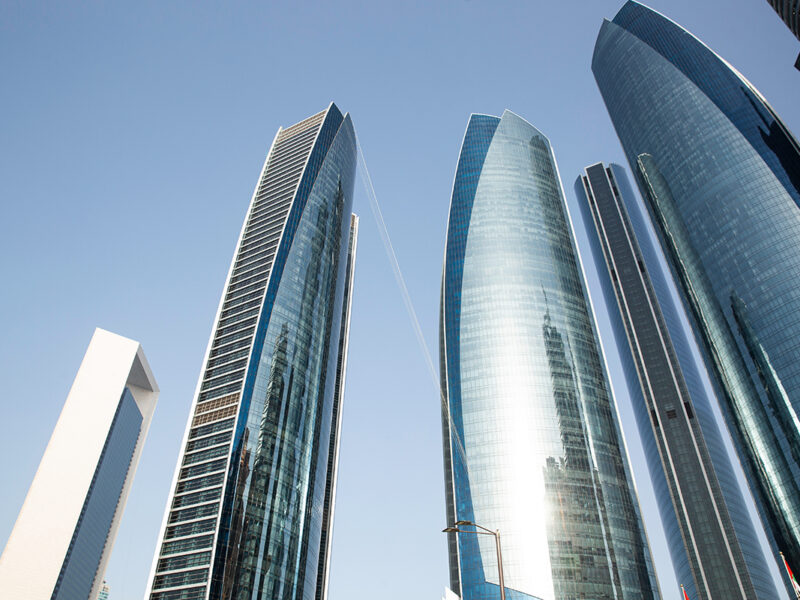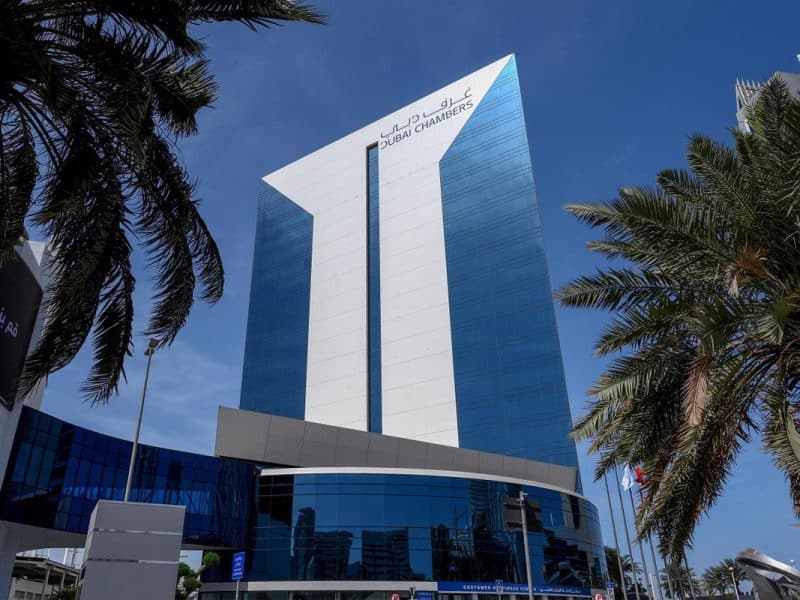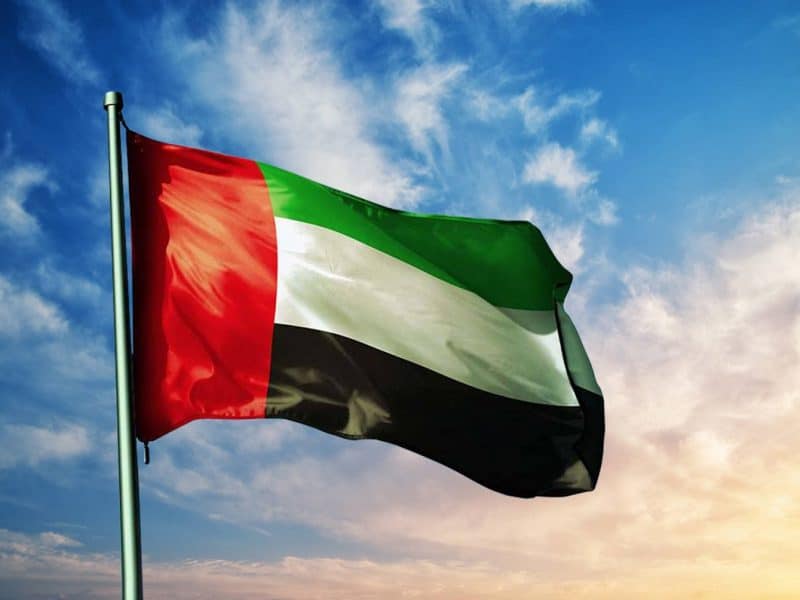Islamic bonds in the Arabian Gulf are returning six times more this quarter than in the previous three months as Dubai based companies restructure debt and economic growth in the region accelerates.
Sukuk sold by the six country Gulf Cooperation Council have returned 2.9 percent since June 30, compared with a 0.5 percent gain in the second quarter, according to the HSBC/NASDAQ Dubai GCC US Dollar Sukuk Index.
The average yield on the debt narrowed 83 basis points, or 0.83 percentage point, in the past six weeks to 6.65 percent and reached an eight month low of 6.49 percent on Aug 3, according to the HSBC/NASDAQ GCC Index.
Bonds in the region that comply with Shariah law may extend gains after the International Monetary Fund said in a report on July 7 that gross domestic product growth in the Middle East will quicken to 4.5 percent this year from 2.4 percent in 2009.
State owned Dubai World said on July 22 it will complete a restructuring of its $23.5 billion of liabilities in “coming months,” while real estate unit Nakheel said a group of creditors supported a proposal to alter the terms on $10.5 billion of loans and unpaid bills.
In an interview on Thursday in Karachi, Muhammad Asad, chief investment officer at Al Meezan Investment Management, said: “The Middle East may be coming out of its economic woes, so there is a better chance that its debt will be attractive for the region’s investors.”
Asad, who oversees the equivalent of $210 million as chief investment officer at the largest Shariah compliant fund in Pakistan, added: “The restructuring and economic recovery are positive signs.”
A rally in the 6.25 percent dollar denominated sukuk due 2017 issued by DP World, the world’s fourth biggest container port operator, pushed the yield down 131 basis points since June 30 to 7.33 percent, according to data compiled by Bloomberg.
The yield on the Dubai Department of Finance’s 6.396 percent sukuk due in November 2014 declined 56 basis points to 7.13 percent in the same period, prices from Royal Bank of Scotland Group show.
Transactions in the Islamic financial services industry are based on the exchange of asset flows rather than interest to comply with the religion’s principles. The majority of sukuk are of the Ijarah type, which are based on a sale and lease agreement as in real estate.
Property prices in Dubai, the Arabian Gulf’s financial hub, retreated more than 50 percent from their peak in 2008 as the global credit crisis led to a cut in mortgage lending and pushed companies to slow expansion, according to estimates from Colliers International.
The GCC countries are Bahrain, Kuwait, Oman, Qatar, Saudi Arabia and the UAE.
In an email yesterday, Ahmed Talhaoui, head of portfolio management, Royal Capital, Bahrain, said: “The rally in GCC sukuks has been impressive so far but stabilization of the real estate sector, which is usually a big component of sukuk structures, is needed.”
Royal Capital is 44 percent owned by United Gulf Bank, an investment bank in Bahrain, wrote in an email yesterday.
Global sales of sukuk dropped 28 percent to $7.85 billion so far in 2010, according to data compiled by Bloomberg.
Arabian Gulf issuers sold $2.5 billion, compared with $3.2 billion a year earlier.
Islamic bonds sold by Middle Eastern borrowers have returned 9.4 percent this year, according to the HSBC/NASDAQ Dubai GCC US Dollar Sukuk Index.
Shariah compliant notes that include issues from the Arabian Gulf to Southeast Asia and the US gained 9.1 percent in the period, the HSBC/NASDAQ Dubai US Dollar Sukuk Index shows.
Debt in developing markets increased 12 percent, JPMorgan Chase & Co’s EMBI Global Diversified Index shows.
The difference between the average yield for emerging market sukuk and the London interbank offered rate widened five basis points yesterday to 401, the highest level in more than two weeks, according to HSBC/NASDAQ index. The spread has narrowed 66 basis points this year.
Higher sukuk yields in the Arabian Gulf relative to Asia make the bonds more attractive, according to Abu Dhabi Islamic Bank, the UAE’s second biggest Shariah compliant lender.
The yield on Malaysia’s $1.25 billion of 3.928 percent Islamic notes due 2015 sold in May dropped two basis points today to 2.84 percent and reached a record low 2.82 percent on Aug 11, RBS prices show. The rate has dropped 100 basis points since the notes were issued.
In an interview on Thursday, Naeem Ishaque, senior manager of the international division at Abu Dhabi Islamic Bank said: “The return is likely to be higher in the GCC not because of their performance, but because it’s the only way to attract investors to this market,”
New issuers will have to offer higher returns, said Ishaque, whose bank had 68.3 billion dirhams ($18.6 billion) of assets in the second quarter.









